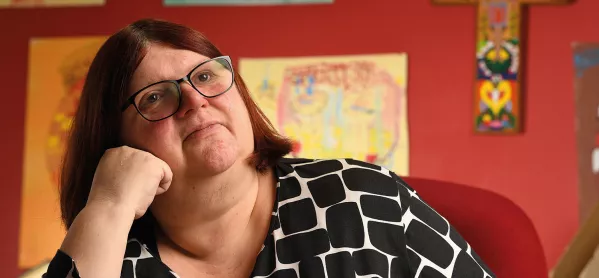Clare Sealy is in demand. The headteacher of St Matthias primary in East London has been a long-time blogger and popular Tweeter, with her accessible posts on the latest education-related research drawing an ardent following. But since the announcement of Ofsted’s plan to begin assessing a school’s curriculum as part of its inspection process, from September 2019, her star has risen even higher.
Sealy has written extensively about what she believes a primary curriculum should look like, how it should be constructed and the research evidence to support her views (see her recent Tes feature, bit.ly/SealyCurric). Her vision is very much in keeping with the “knowledge rich” approach that has so far predominantly been pushed in secondary, but which seems to be strongly favoured by the DfE at all levels of schooling.
Sealy is not a lone voice in demonstrating the worth of the approach for primary schooling, but hers is by far the best known. Her blogs are cited by policymakers and she has crossed over from Twitter to sell out curriculum events. The position she advocates brings with it a degree of controversy; shunning “fun” in favour of quizzing, prescribing no-frills knowledge teaching and warning against skills-based projects is at odds with what many believe a primary curriculum, and the primary school experience, should be.
Inevitably, Sealy has come in for criticism, but she has dealt with it by patiently arguing her case. The extent to which she persuasively continues to do so will be influential in determining how far the knowledge-rich, traditional approach permeates through primary schools. It’s going to be a struggle to sell it to all, but already it seems her vision, which is aligned with schools minister Nick Gibb’s views, is being picked up by primary schools much more than many may have expected.
Tes’ people of the year 2018




